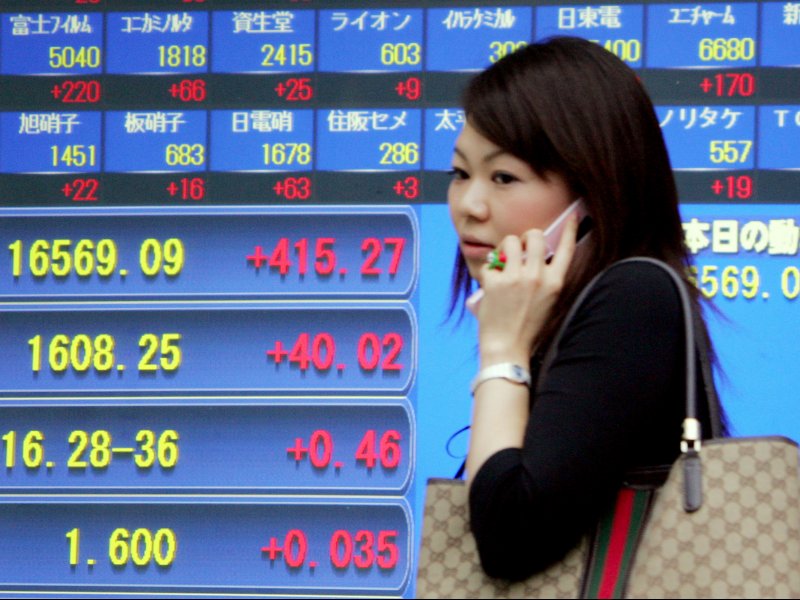- John Velis, a senior multi-asset strategist for State Street Global Markets, recently sat down for an interview with Business Insider to talk stocks, markets, and economic cycles.
- He had one of the best analogies to understand the current bitcoin mania that we've heard yet: "Mrs. Watanabe."
Last week, we asked State Street multi-asset strategist John Velis about his views on bitcoin and other cryptocurrencies.
Other than the usual warnings about how the market is not mature, and that the insane volatility could easily wipe out an uninformed investor's holdings, he had an interesting analogy: "Mrs. Watanabe."
Back in the Japan's "lost decade," when interest rates were painfully low, housewives — who have traditionally managed a family's finances — turned to trading international currencies in order to find some extra alpha in the tough times.
"Now, it seems like the 21st century Mrs. Watanabe is buying cryptocurrencies," Velis told Business Insider as part of a larger interview about stocks, cryptocurrencies, and inflation.
He's not the first to draw the comparison. Deutsche Bank (DE:DBKGn) cited the archetypal housewife in a note last year. She's also been alluded to in plenty of media reports and Wall Street research. Still, Velis' is one of the best ways to explain the bitcoin craze that we've seen so far.
Here's the full quote from Velis:
"Cryptocurrencies are very narrowly held. A lot of them are Asian investors, particularly Japanese. It's very analogous to the mid 90s to early 2000s, when this mythical Mrs. Watanabe, who's sort of the cliché Japanese housewife that would manage the family's finances, would buy Australian currency because those interest rates were higher.
"Now, it seems like the 21st century Mrs. Watanabe is buying cryptocurrencies. Because a large percentage of cryptocurrency holders — particularly bitcoin — are Japanese, Chinese, or Korean, it means the rest of us are kind of playing on the margins and are beholden to what the Mrs. Watanabe's of the world want to do."
Velis also compared the current bitcoin craze to the dot-com boom of the 1990's.
"When your friend who's not a financial insider starts talking about whether they should buy a bitcoin ETF you kind of know it's the equivalent of my early days of buying something with a 'dot com' at the end of it," he said. "That's clearly what's been driving it."
